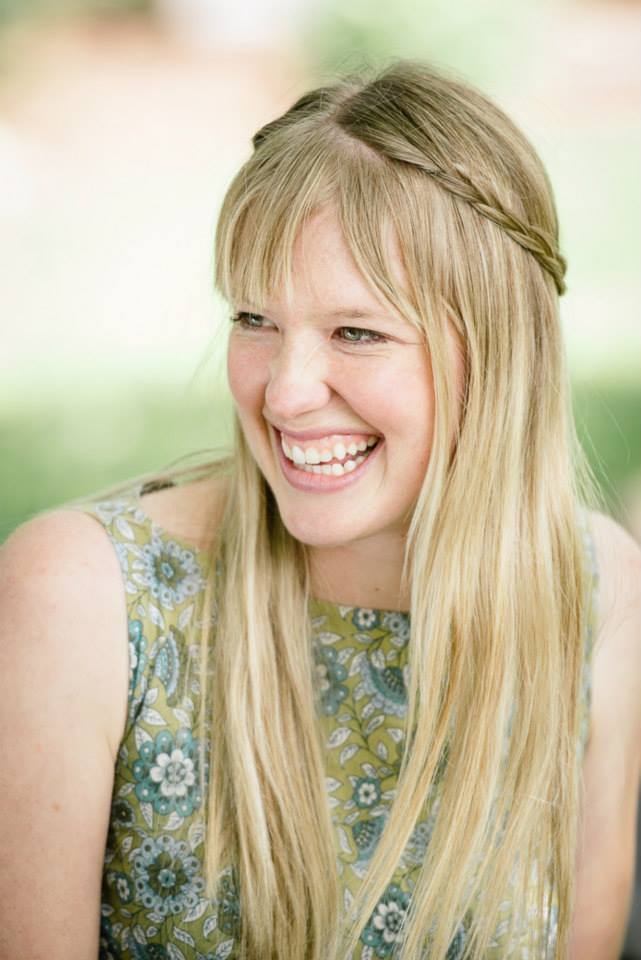Joanna is a former practicum student with PAN.

Joanna has been a nurse since 2009 and has spent the majority of her career living and working in Whitehorse, Yukon. Joanna is currently working on her second year of the Master of Public Health program at the University of Victoria and will be completing a practicum with the Pacific AIDS Network as part of that program from January to April 2019.
What first piqued your interest in the HIV/hepatitis C sector?
I have admired the HIV/AIDS and hepatitis C sectors as leaders in community organizing and in health and social justice for as long as I have worked in healthcare.
I first learned about HIV as a child, through stories about a family member who died of AIDS before I was born. Even at a young age, I sensed that there was stigma associated with HIV/AIDS. It was the first time I saw how health and injustice are related, something that I have continued to encounter in my career. I believe strongly that a fight for better health must involve a fight for social justice. But I have so much to learn about this struggle and I know that there is so much that I can learn specifically from the HIV and hepatitis C communities.
What role do you think HIV/AIDS, hepatitis C, and other related research play in the “real world”?
It depends on the research! I believe that in the best circumstances research is an important tool in preventing and reducing suffering and even saving lives. For instance, health promotion programs and policies need to be informed by evidence in order to best serve people living with HIV/AIDS and/or hepatitis C, especially when resources are limited. But as a frontline worker, I also know first-hand that there is often a big gap between research and the reality on the ground. Sometimes this happens because research isn’t relevant to the problems that are most important to people living with HIV/AIDS, hepatitis C or the people that work closest with them. This is why I think community-based research and participatory evaluation projects like those done at PAN are so important.
How do you engage the community in your work?
My work is just getting started, but I know that community engagement is a central part of how PAN operates and I am so glad. I believe strongly that those who have the most at stake in an issue, in this case people with lived experience with HIV/AIDS and/or hepatitis C, need to play a major part (if not a leading role) in any solution. I admire PAN’s commitment to the GIPA/MIPA and HCV Manifesto principles and I am committed to engaging the HIV/AIDS and hepatitis C communities respectfully as a learner during my time at PAN and beyond.
How do you envision your work at PAN contributing to your career/future work?
So far, I’ve spent my career caring for people one-on-one in the hospital. I find this work very meaningful in so many ways, but in the future I would like to work in an organization that views health through a social justice lens. I would also like to do work that engages with and improves the larger structures that determine peoples’ health and wellbeing from the start. Through my work with PAN, I hope to learn as much as I can about community-based research, program evaluation and effective advocacy, all of which I think will be important skills in the type of work I want to do in the future.
If you had unlimited funds, which areas of research would you invest in?
Given the urgency of the climate crisis, I think I would invest most of my money into research that looks into preventing the worst outcomes of climate change and protecting human health as our planet changes. I would especially focus on research that prioritizes health equity and social justice within this area and connects research and action.
If you were able to choose, what is the natural talent you’d like to be gifted with?
Public speaking! I would love to be someone who could have a whole room of people hanging on my every word when I speak, but I would settle for not getting quite so nervous.
